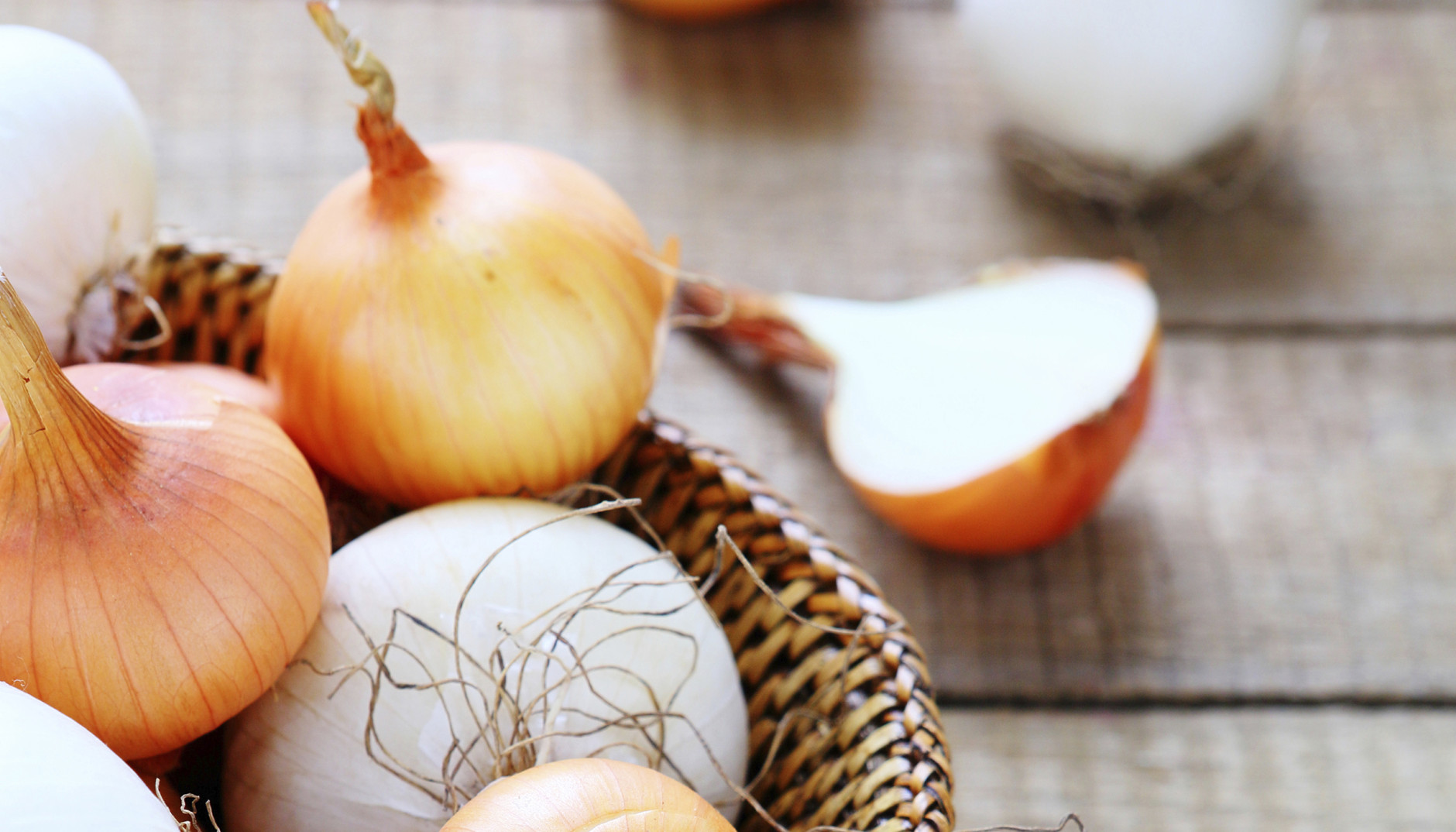
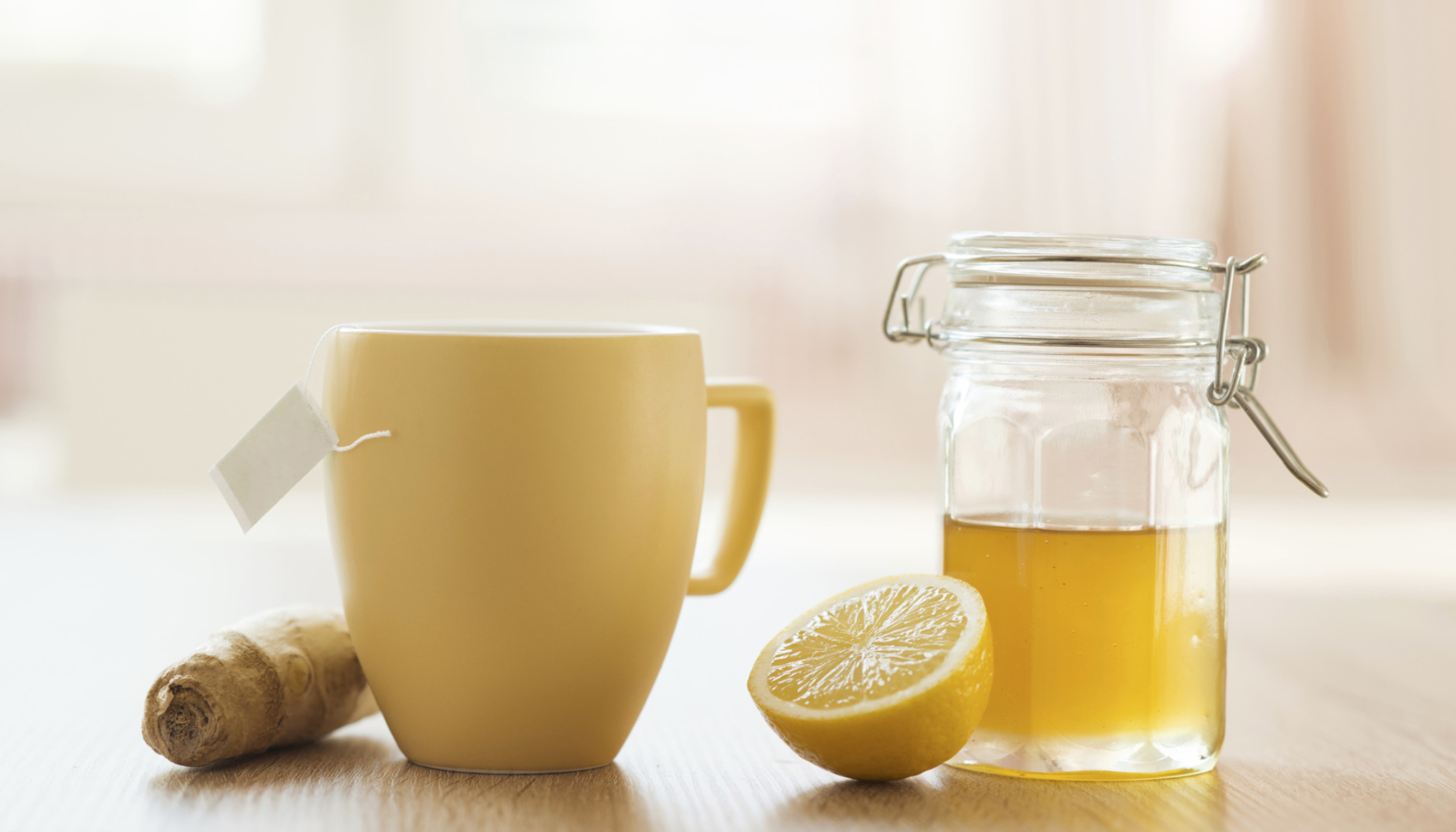
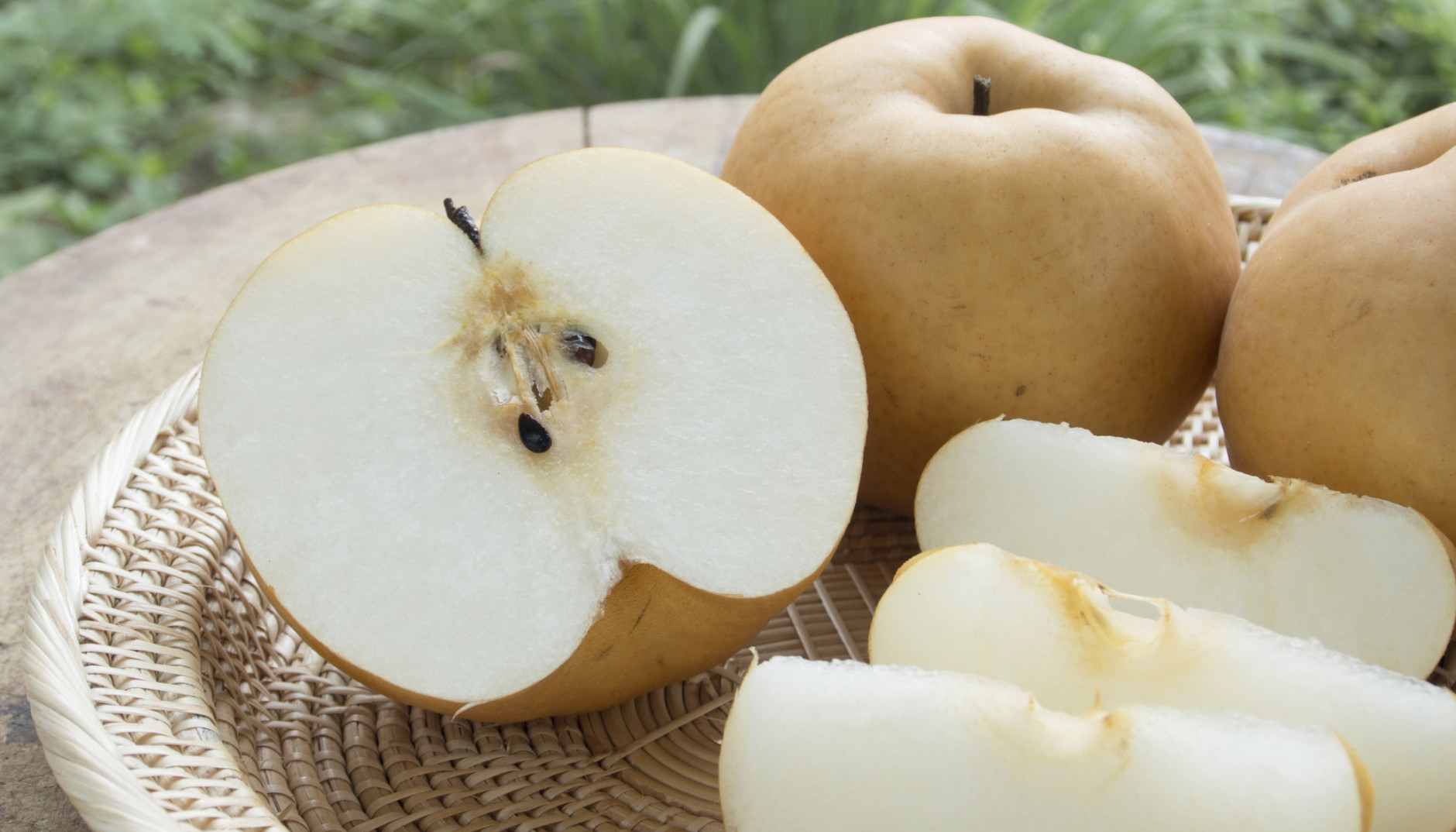
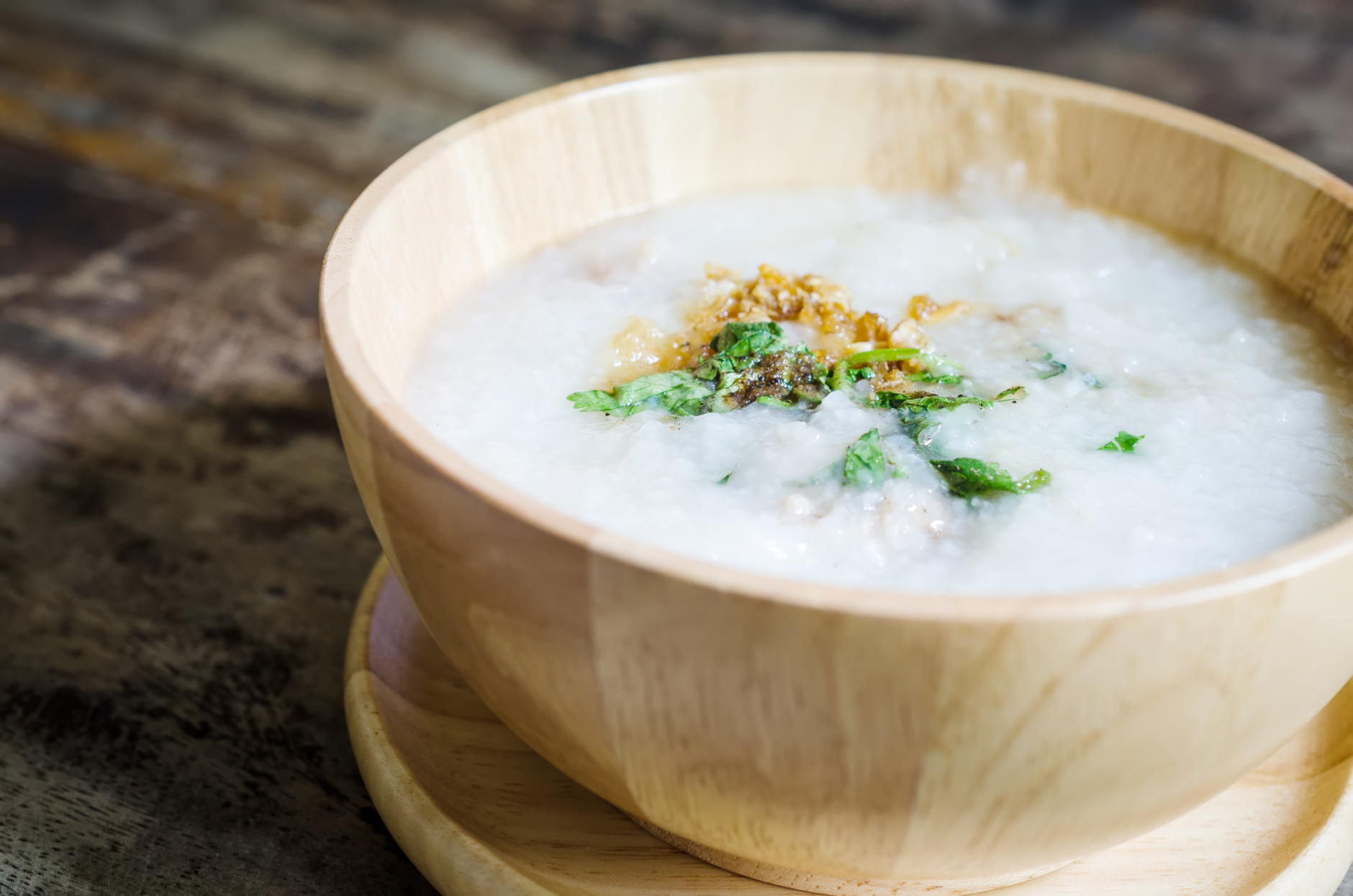
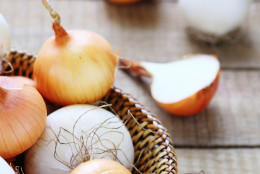

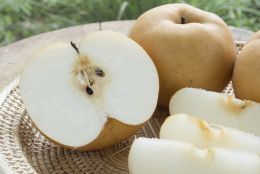
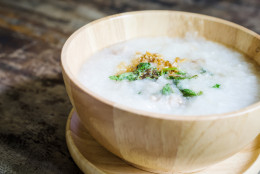
WASHINGTON — The key to fighting that cold or flu you caught may be in closer reach than you think. Hint: Check the kitchen.
Alexandra Khouri, founder and owner of Whole Health and Holistic Wellness in Vienna, Virginia, says she tells her clients to use what they have at home to help battle winter illnesses like colds and the flu.
“We use a lot of plant-based and food items in our herbal remedies,” says Khouri, who is also a licensed acupuncturist, herbalist and hypnotherapist.
Khouri practices Chinese medicine, a tradition that traces back more than 2,000 years, to treat ailments using different methods like acupuncture and herbal remedies. In the United States, Chinese medicine is considered a complementary health approach. According to the National Center for Complementary and Integrative Health, about 33 percent of American adults and 11 percent of children used complementary and alternative medicine in 2012.
While it may be easier to reach for the medicine cabinet, combating common illnesses the natural way pays off, Khouri says.
“It might take a week versus three days, but I find if you do natural remedies, you don’t get sick as much because your body learns how to fight the bacteria or virus.”
Here are four foods and alternative remedies Khouri recommends:
Onions
Onions can be used to help fight off flus and viruses, Khouri says. The tear-jerking veggie helps clear phlegm and kill bacteria.
Khouri suggests two different remedies. The first is to cut an onion (white or green), put it in a bowl and place the bowl in your room for up to a week. The second option is to take a whole onion — without removing the skin — and place it in a bowl in your room for one month to three months.
The remedy works for babies, too. Khouri recommends placing the bowl of onion underneath the crib to help boost the baby’s immunity.
Ginger
For colds, Khouri recommends using fresh ginger. It helps reduce fevers, soothe the stomach, kill bacteria, strengthen the lungs and relieve coughs.
Khouri incorporates the ginger in a lemon honey tea. First, she peels off the ginger skin and cuts the ginger into small pieces. Second, she adds the ginger to water and boils it for three to five minutes. Lastly, she adds honey and a squeeze of lemon before drinking the hot tea.
Pears
Don’t underestimate the power of pears.
In Asia, pears are commonly used to soothe a sore throat and help the lungs remove bacteria, Khouri explains.
For cough relief, Khouri recommends baesuk, a steamed pear remedy that is widely used in Korea.
Steamed pear recipe:
1 Asian pear peeled and cored, or unpeeled
2 cups of water
1 tbsp. honey
1 piece of ginger
1 cinnamon stick
Directions: Peel the pear. Take out the pear’s core then fill the center of the pear with honey and ginger. Place the pear in a pot standing up. Add the cinnamon stick and water to the pot. Boil the pear in the water for about 30 minutes. Eat the pear and drink the boiled water.
Rice
When you have a stomach ache, chances are you’re not in the mood to eat much — and that’s OK.
Khouri’s advice is to grab the rice. The rice itself is a Chinese herb, she says, and helps with digestion issues. It also replenishes the body, especially after experiencing symptoms like diarrhea or vomiting.
Khouri suggests making a creamy porridge known as rice congee. The popular Chinese dish can be eaten for breakfast, lunch or dinner.
Rice congee recipe:
1 cup cooked rice
8 cups water (10 cups for less thickness)
Directions: Add the rice and water into a pot. Boil and stir for 45 minutes until it’s thick and creamy. Optional — Add onions, dates, ginger and chicken broth for flavor.







